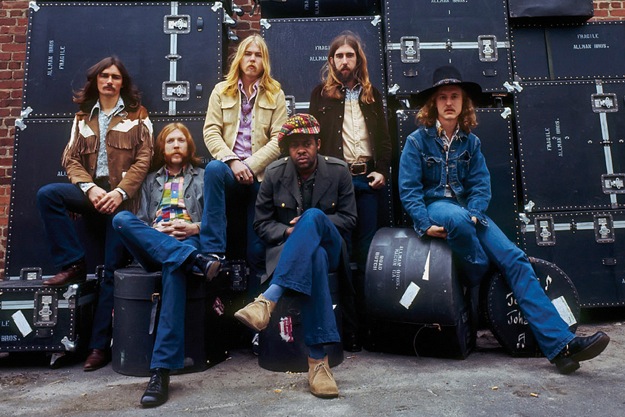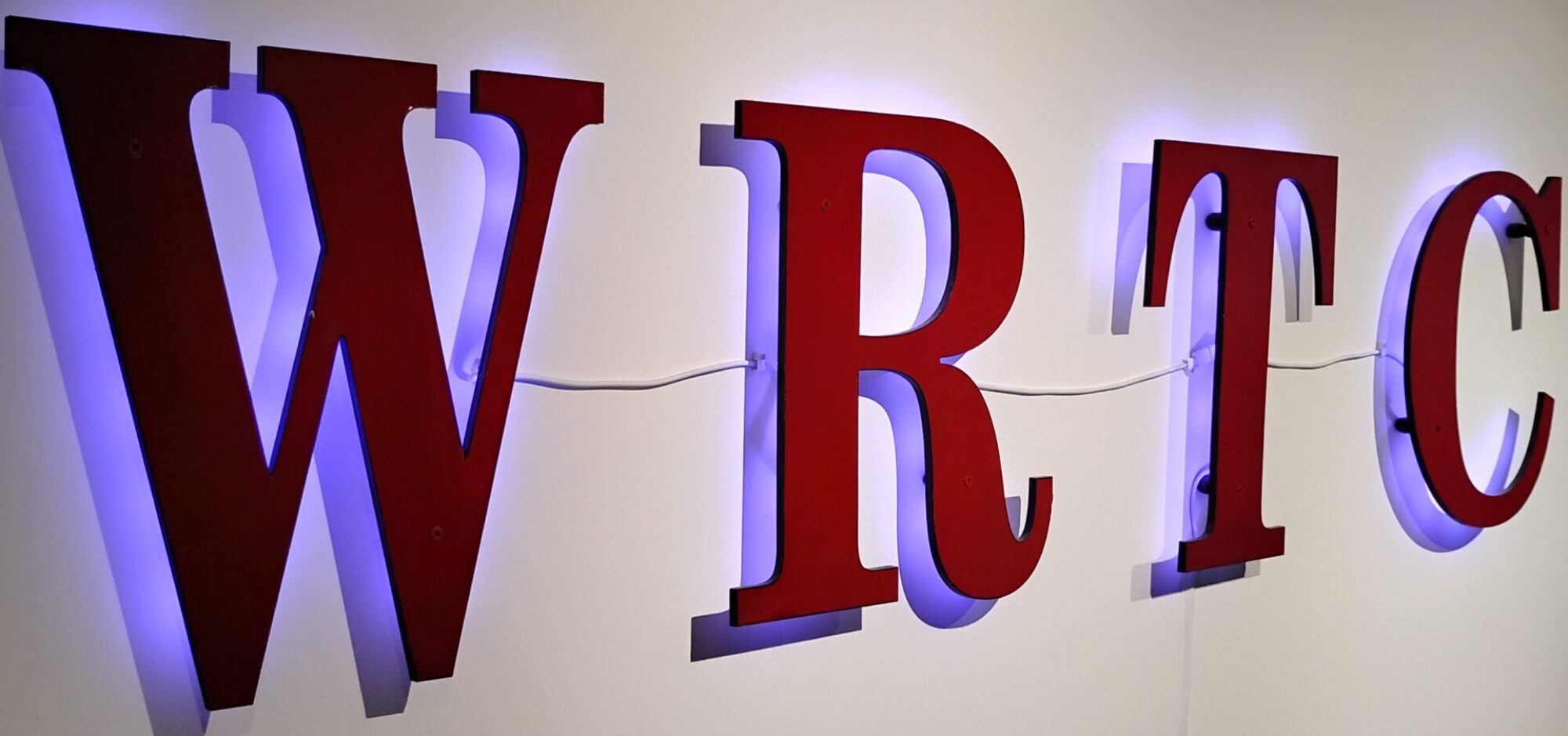Nov. 20 marked the 75th anniversary of the birth of legendary guitarist Duane Allman and Greasy Tracks celebrated it with a three-hour spotlight.
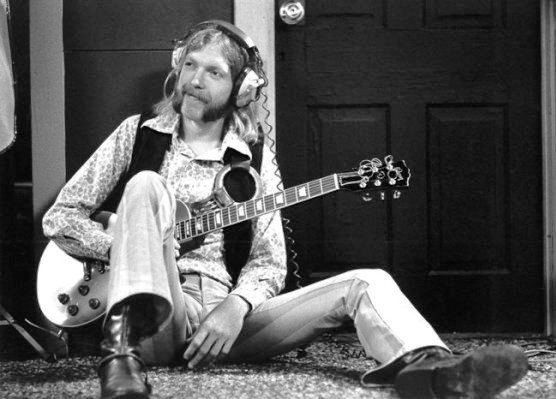
Click here to check out an archive of the program, while a playlist is here.
This proved to be a deep dive into the archives as the program featured music from across Allman’s career, especially session work.
There will also be interviews from past programs with Rick Hall, the founder of FAME Studios in Muscle Shoals, Ala., as well as bassist David Hood and guitarist Jimmy Johnson of the Swampers, who played numerous studio sessions with Allman and keyboardist Bobby Whitlock who played with “Skydog” with Delaney & Bonnie and Derek and the Dominos. Studio session insight was provided by Donna Jean Godchaux-MacKay.
Duane Allman played with the Allman Brothers Band from its founding in 1969 until his untimely death at the age of 24 in 1971. While he recorded only two proper studio albums with the band, he had already gained great acclaim for his studio work and was in demand as a session player before he and his younger brother, Gregg, put the band together.
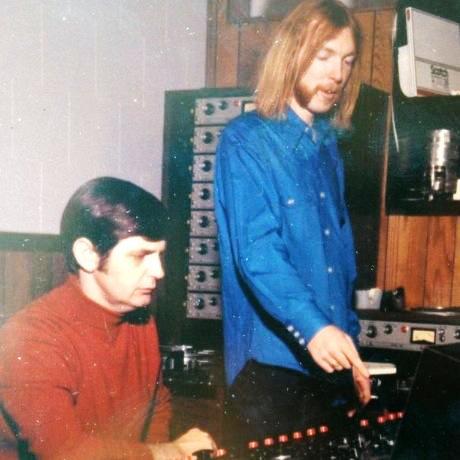
After the Allman Joys and Hour Glass — two bands he formed with his brother — failed to garner any success, Duane turned to session work and was hired by Hall in the fall of 1968, following how impressed he was with the Florida-born guitarist when the Hour Glass recorded at FAME earlier that year.
Allman — working primarily with FAME’s house band, the Muscle Shoals Rhythm Section, best known as the Swampers — would go on to record landmark sessions backing the likes of Wilson Picket, Clarence Carter, Aretha Franklin Arthur Conley, King Curtis and Otis Rush.
In 1969, the Swampers opened their own facility — Muscle Shoals Sound Studio — and Allman would go on to play sessions there with Boz Scaggs, John Hammond and Ronnie Hawkins among others.
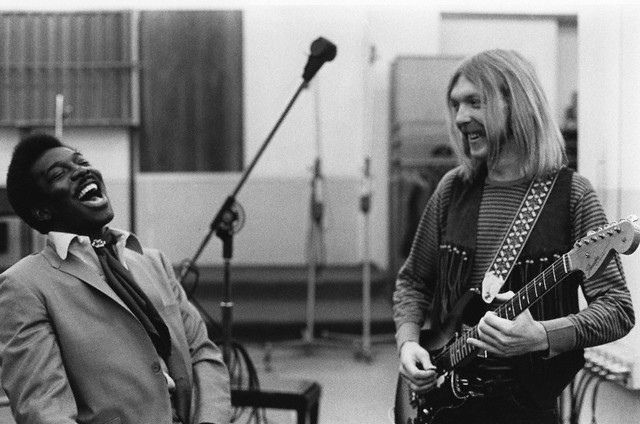
One of Duane Allman’s most-famous recordings was the title track to Derek and the Dominos’ Layla and Other Assorted Love Songs in 1970 where Allman’s slide guitar meshes magnificently with Eric Clapton and effectively takes the recording to another level. The guitarists were mutual admirers.
The Allman Brothers released their self-titled debut in late 1969 and would follow with Idlewild South nearly a year later — neither proved to be commercial successes, but did provide a taste of what made the band tick as it combined blues standards, with jazz-, blues and even country-inspired originals.
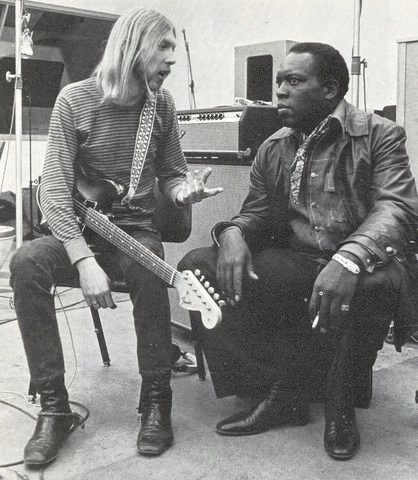
The Allman’s were more comfortable on stage and it was the double-live offering, At Fillmore East, which proved to be the band’s breakthrough release in the summer of 1971. Long considered one of the greatest live albums of all time.
It only had seven tracks, but At Fillmore East packed a potent punch. From the opener, a rollicking version of Blind Willie McTell’s “Statesboro Blues” to an extended take of T-Bone Walker’s “Stormy Monday” and nearly 20-minute take on Willie Cobb’s “You Don’t Love Me,” the band is nothing short of mesmerizing in their approach, especially on “In Memory of Elizabeth Reed” and the 23-plus minute “Whipping Post.”
In 2004, the Library of Congress added At Fillmore East to its National Recording Registry.
